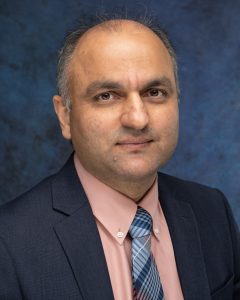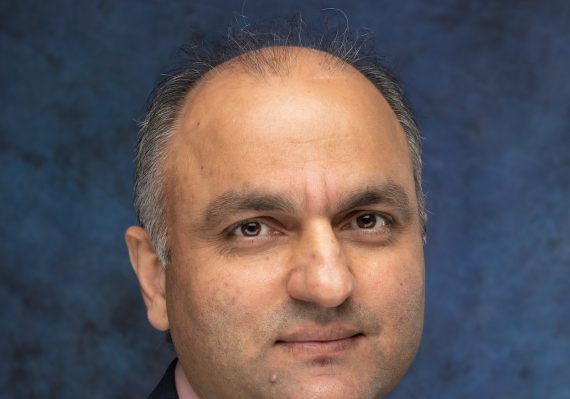 Neurology
NeurologyPO Box 100236
GAINESVILLE FL 32610
Business Street:
1149 NEWELL DR RM L3 100
GAINESVILLE FL 32610
Department Affiliation: Neurology
Associate Professor
Dr. Abbas Babajani-Feremi is an Associate Professor in the Department of Neurology, Division of Epilepsy at UF and the Director of the Magnetoencephalography (MEG) Laboratory. Abbas joined as a postdoctoral fellow in the department of Neurology at the Henry Ford Hospital, Detroit, MI in 2007 after completing his Ph.D. degree in Biomedical Engineering at the University of Tehran. In 2011, he joined as a member of the MEG team in the Human Connectome Project (HCP) at the Washington University School of Medicine in St. Louis. The HCP was one of the largest funded projects by NIH in system neuroscience and aimed to map the human brain by outlining the neural pathways using cutting-edge neuroimaging data from a large number of subjects. Then Dr. Babajani-Feremi joined as an Assistant Professor in the Department of Pediatrics at the University of Tennessee, Memphis, in 2013, and was the Research Director of MEG Laboratory, Director of High-density Electroencephalography (hd-EEG) Laboratory, and Director of Intracranial EEG (iEEG) Functional Mapping Laboratory at Le Bonheur Children’s Hospital, Memphis, TN. In January 2021, Abbas joined as an Associate Professor in the Department of Neurology at University of Texas at Austin, and was the Director of MEG Lab at Dell Children’s Medical Center, Texas, Austin.
Dr. Babajani-Feremi has two main research interests: (1) applications of the brain connectomics and machine learning based on neuroimaging and electrophysiological methods (such as MEG, functional MRI [fMRI], and intracranial EEG [iEEG]) in diagnostic and treatment of patients with epilepsy, Alzheimer’s disease, and other neurological conditions; and (2) study of the brain’s functions, specifically language, using the electrophysiological and neuroimaging modalities.
